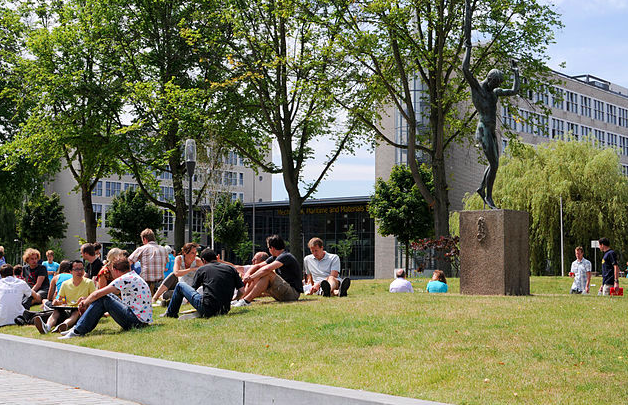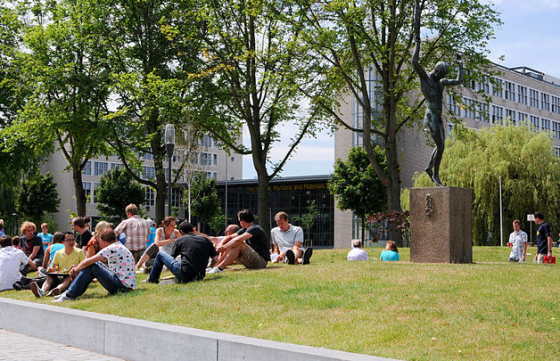Universities more of a hindrance than help to academic start-ups: FD


Universities are claiming shares in high tech start-ups developed by (former) students but lack the expertise to bring products successfully to market, the Financieele Dagblad reported on Monday.
Budding entrepreneurs, their mentors and politicians want a rethink of the way universities deal with the commercial development of new technologies, the paper said.
European research has shown that some 78% of patents taken out by the universities remain unused, making it a loss-making activity. At the same time, young entrepreneurs complain the universities demand too great a slice of the cake but say that openly criticising the practice may lead to repercussions.
Universities should not have ‘voting shares’ in start-up because it could ‘scare off investors’ and block growth, the economic affairs ministry said in a briefing to MPs last month.
And Steef Blok, director of the Leiden University start-up support department Luris said having shares in a university start-up is ‘a last resort’. ‘Universities produce knowledge and ideas to aid society. We are not a commercial institute producing start-ups. In the last 15 years no one has become any the richer, apart from the odd exception. And that is the same the world over,’ he told the paper.
Inexperience
Blok said universities labour under the mistaken idea they can sniff out a potentially successful start-up but ‘we simply don’t know what we’re doing,’ he said.
Most budding entrepreneurs the paper talked to said universities are greedy for potential profits and some lost control of their start-up at an early stage.
Richard Ruiterkamp, who developed an alternative way to generate wind power, told the FD he was initially told by Delft University officials they were not interested in his idea.
However, when he started Ampyx Power, a company employing 50 people, the university claimed the knowledge was the property of the university because Ruiterkamp had been employed by the university at the time. Ruiterkamp refused their offer of a majority share in his own company and challenged the claim until the university gave up.
Last week, the four Dutch universities of technology agreed to strive to improve the relationship with start-ups, the paper said, but they declined to comment further.
Thank you for donating to DutchNews.nl.
We could not provide the Dutch News service, and keep it free of charge, without the generous support of our readers. Your donations allow us to report on issues you tell us matter, and provide you with a summary of the most important Dutch news each day.
Make a donation